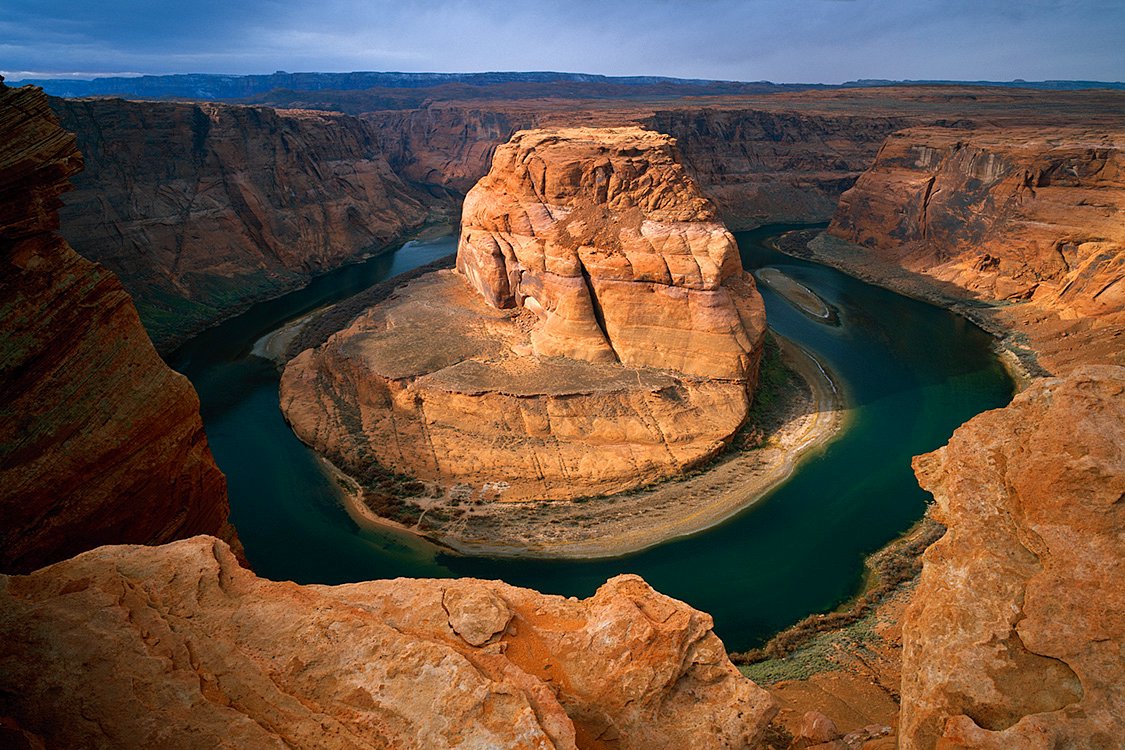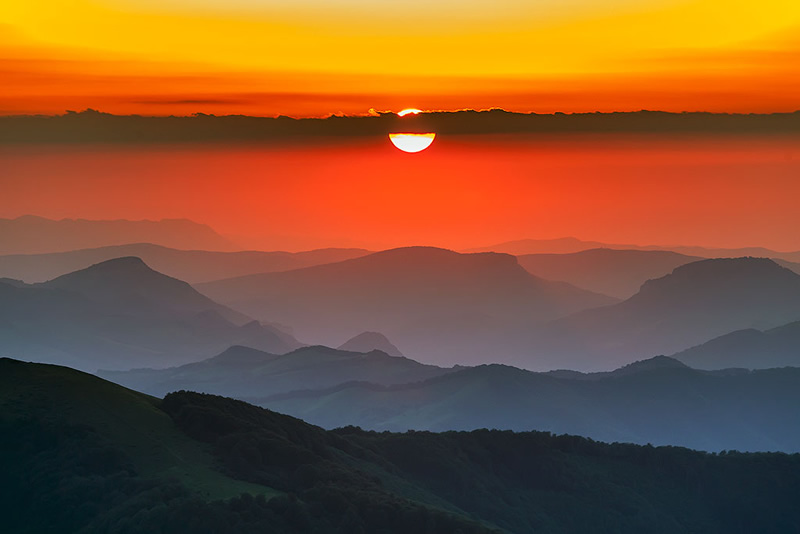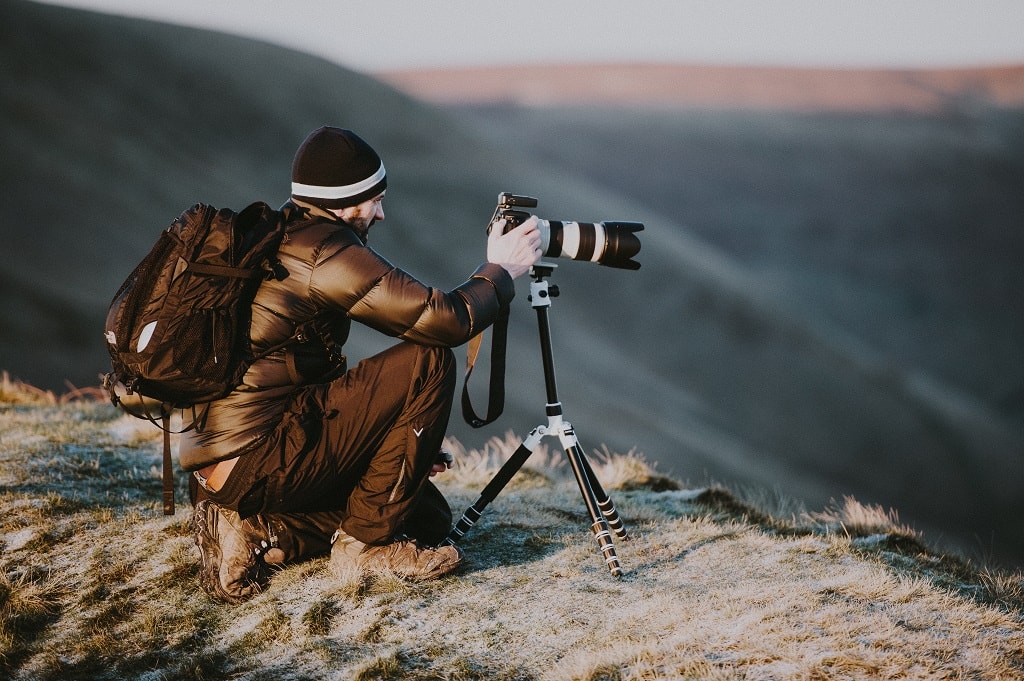Today’s topic is Best Starter Lens For Landscape Photography. Obviously, you can find a great deal of Best Landscape Camera-related content online. The proliferation of online platforms has streamlined our access to information.
There is a connection between the Best entry-level lenses for landscape photography and Which Lens For Landscape Photography information. more searching has to be done for Street Photography Lens, which will also be related to Best Portrait Lens.

9 Tips for Best Starter Lens For Landscape Photography | Landscape Photography Prime Lenses
- A set of lenses is to a photographer as an arsenal of paintbrushes is to a painter; lenses let photographers change the way a location is portrayed. They afford wide-angle views, tight close-ups, the ability to isolate subjects, and the option to keep everything in a scene in or out of focus. Especially in regard to landscape photography, lenses are one of the few means with which you can really impart personal vision into an image, compared to studio or portrait photography, which gives you the extra advantage of being able to adjust the subject, as well, to suit your intentions. - Source: Internet
- Like most things, however, ‘zoom vs prime’ isn’t a one-sided argument. Many professional landscape photographers prefer shooting with prime lenses. The fixed focal length can really help you to focus on composition, moving around to get the perfect placement where foreground, mid-ground and background elements work best together. Changing position more often also gives you the bonus of discovering new views to shoot and different ways to shoot them. - Source: Internet
- Wide-angle lenses aren’t the only choice for shooting landscapes, though. Sometimes it pays to be selective and frame your composition around a relatively small area. A standard zoom such as the Canon RF 24-105mm F4-7.1 IS STM can be all you need in these situations. At the short end of its very versatile zoom range, you’ll still be able to fit in quite a lot of the landscape. - Source: Internet
- The debate between zooms and primes will never cease to exist, and the debate is especially rich in the realm of landscape photography. The merits of a zoom? You can obviously zoom into a landscape when you’re confined to a very specific location (think shooting from an observation deck at a national park). On the other hand, zooms can make you complacent with how to photograph an area, whereas working with a prime will force you to maybe hike a bit more and seek out a more rewarding viewpoint to photograph the landscape. You “zoom” with your feet. - Source: Internet
- Much in the way film cameras are still relevant in the landscape realm, despite there being significant advantages to shooting in digital format nowadays, manual focus lenses are also “technologically outdated” yet still incredibly practical and desirable to landscape shooters. The benefits of an autofocus lens are a given: they focus automatically, quickly and, generally, accurately, and they can also be focused manually. So why would someone want to get a purely manual focus lens? Feel and control. - Source: Internet
- It can be hard to choose between a zoom or prime lens for shooting landscapes. Both have a lot to offer. When shooting landscapes, anything from walls, fences and hedges to cliff edges, rivers and lakes can block your path, and tricky terrain can stop you in your tracks. The ability to compensate for a compromised shooting position with a simple twist of a zoom ring can be invaluable. - Source: Internet
- Even though wide-angle lenses are the so-called standard for landscape applications, this shouldn’t dissuade you from looking at normal and telephoto focal lengths when photographing scenery. Sometimes that bit of extra reach or visual compression that a telephoto affords you can be useful in creating interest in your imagery. In regard to normal-length lenses, there is often no reason why you shouldn’t depict a location using the same field of view as your own perspective. After all, you likely stopped at a specific place because of how it looked with your eyes rather than surveying the field with a camera glued to your face. In regard to longer focal lengths, sometimes it’s a creative advantage to isolate portions of the scene and really focus the viewer’s attention on something unique. - Source: Internet
- At this point in time, the image-quality differences between zooms and primes is relatively moot—there are very high-quality zooms, and there are very high-quality primes. Some of the wider focal length lenses are often best available in zoom format, such as Canon’s awe-inspiring EF 11-24mm f/4L USM or Nikon’s impressive NIKKOR Z 14-30mm f/4 S, whereas some slightly narrower focal lengths really shine as primes, such as the no-holds-barred Zeiss Otus 28mm f/1.4 or the delightfully compact Sony Sonnar T* FE 35mm f/2.8 ZA. Making a decision between zooms or primes really depends on your own needs, such as the amount of access you’ll have to walk around a subject, how much weight/how many lenses you can carry and, of course, your preference for focal length. - Source: Internet
- When looking for a lens for landscape photography, most common advice will suggest you begin with a wide-angle lens. Wide-angle lenses are particularly suitable for landscape photography, due to their broad field of view and long depth of field—both desirable attributes for general landscape purposes. Wides let you fit the entire mountain in the background into your frame, they can be used to show a great deal of land and sky, and they can be used to distort or skew perspective to produce more drama. The amount of depth of field they provide also helps to ensure consistent sharp focus from foreground to background, which is often useful when photographing great expanses of land. - Source: Internet
 Following are some suggestions on where to begin your search for data on Which Lens For Landscape Photography:
You should try to find best beginner lens for landscape photography-related information from reputable places. Libraries, online resources, and even paid journalists all fall under this category.
Following are some suggestions on where to begin your search for data on Which Lens For Landscape Photography:
You should try to find best beginner lens for landscape photography-related information from reputable places. Libraries, online resources, and even paid journalists all fall under this category.It’s crucial to be aware of the many electronic media sources available when researching Best Portrait Lens, such as Google and YouTube. You may also get info about Best Portrait Lens on social media sites like Facebook and Twitter.
Video | Best Starter Lens For Landscape Photography
It’s crucial to read to examine the authenticity of each source in order to acquire the greatest information regarding Best Nikon Lens For Landscape. You’ll learn more about Street Photography Lens after watching the films included in this post, which come from a variety of different sources. Information on a wide range of topics may be easily accessed via the internet.
## Notable features of Street Photography Lens include:- Best Starter Lens For Landscape Photography
- Beginner Lens For Landscape Photography
- Best Beginner Lens For Landscape Photography
- Canon Landscape Lens
- Which Lens For Landscape Photography

Because there are so many websites and forums that provide information about Landscape Photography Prime Lenses, it should not be difficult for you to locate the data that you want.
The majority of individuals are accustomed to taking a completely different approach when it comes to obtaining information regarding best starter lens for landscape photography. This makes it possible to take a more in-depth look at the information that is available about Street Photography Lens and how it might be utilized.

methods for producing information displays about Landscape Photography Prime Lenses that are both aesthetically pleasing and functional. In commercial and marketing settings, as well as for the purpose of conveying information on How to Choose a Lens for Landscape Photography, they are useful tools to have. Because of this, we also supply some photographs relating to Best Landscape Camera.
In summing up, I’d like to say that this article offers a general summary of Street Photography Lens. Also covered are Best Portrait Lens and Best Landscape Camera, which serve as a benchmark for evaluating the depth of your understanding of Landscape Photography Prime Lenses.